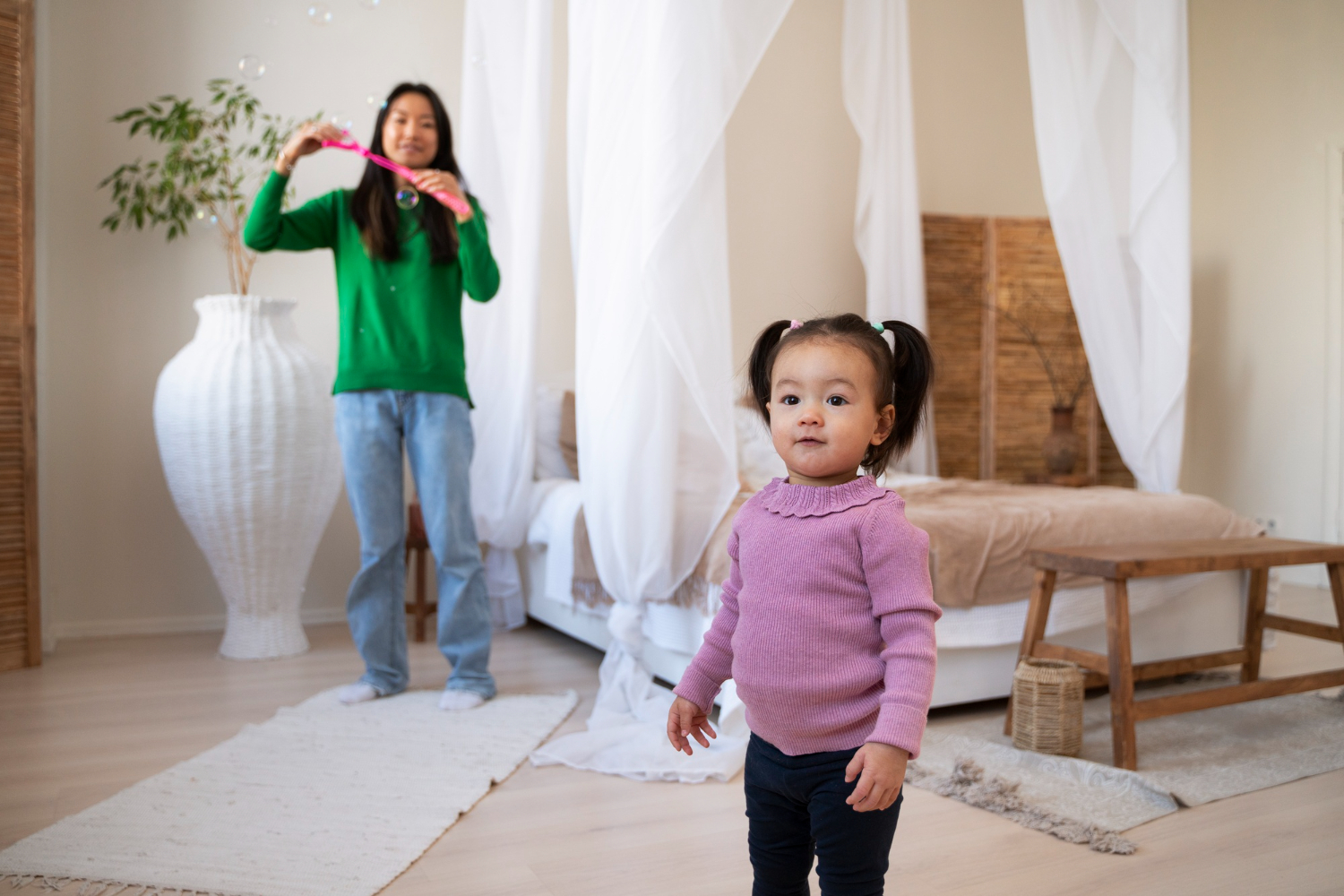Effective Communication Techniques for Parents

Parenting, in its multifaceted beauty, is also laden with challenges. One of the foundational skills that can make this journey smoother is effective communication. As children grow, their cognitive abilities, emotions, and personalities develop, making it imperative for parents to adjust their communication styles accordingly. Here are some techniques to aid parents in establishing a stronger bond with their children through effective communication.
1. Active Listening
The act of truly listening goes beyond just hearing words. It means being present and giving your full attention. Avoid interrupting, and make sure your child feels heard and understood. This instills a sense of value and trust in the child.
2. Use Open-ended Questions
Instead of asking questions that can be answered with ‘yes’ or ‘no’, try open-ended ones like, “How did that make you feel?” or “What did you do next?”. This encourages a deeper conversation and lets your child express their thoughts and feelings more fully.
3. Empathize
Show understanding and empathy towards your child’s feelings. Even if you don’t agree with them, acknowledging their emotions can make them feel validated. Phrases like, “It sounds like you were really upset when that happened,” can make all the difference.
4. Avoid Negative Language
Phrases like “don’t”, “stop”, or “can’t” can often be replaced with positive alternatives. Instead of saying, “Don’t run,” you might say, “Please walk inside the house.” This shifts the focus from restriction to guidance.
5. Be Mindful of Non-verbal Cues
Children are keen observers. They pick up on facial expressions, tone of voice, and body language. Make sure that your non-verbal cues align with what you’re saying. A reassuring hug or a smile can amplify the impact of your words.
Read about Zero to Three
6. Choose the Right Time
If you need to discuss something important, choose a time when both you and your child are calm and not preoccupied. Sometimes, a casual setting like during a car drive or a walk in the park can be conducive to open conversations.
7. Be Patient and Consistent
Children, especially teenagers, might not always be forthcoming. Be patient and give them the space to open up in their own time. Consistency in your approach reassures them of your availability and intent.
8. Model Good Communication
Children learn by observing. Model the communication behavior you’d like to see in them. If they witness open, respectful communication between adults, they’re more likely to adopt the same.
9. Use “I” Statements
Instead of saying, “You made me upset when you didn’t clean your room,” try, “I feel upset when the room is messy because…”. This reduces the defensive reaction and focuses on expressing your feelings and needs.
10. Encourage Feedback
Ask your child for feedback about your communication style. They might provide insights that you hadn’t considered. Being open to change can fortify the parent-child relationship.
Conclusion
Effective communication is a dynamic skill that evolves with time and experience. While it’s natural for parents to face challenges, the effort to communicate effectively is always worth it. Remember, the goal isn’t to have a perfect conversation every time but to build a bridge of trust and understanding that can weather any storm.
Also read how to acidity problem





